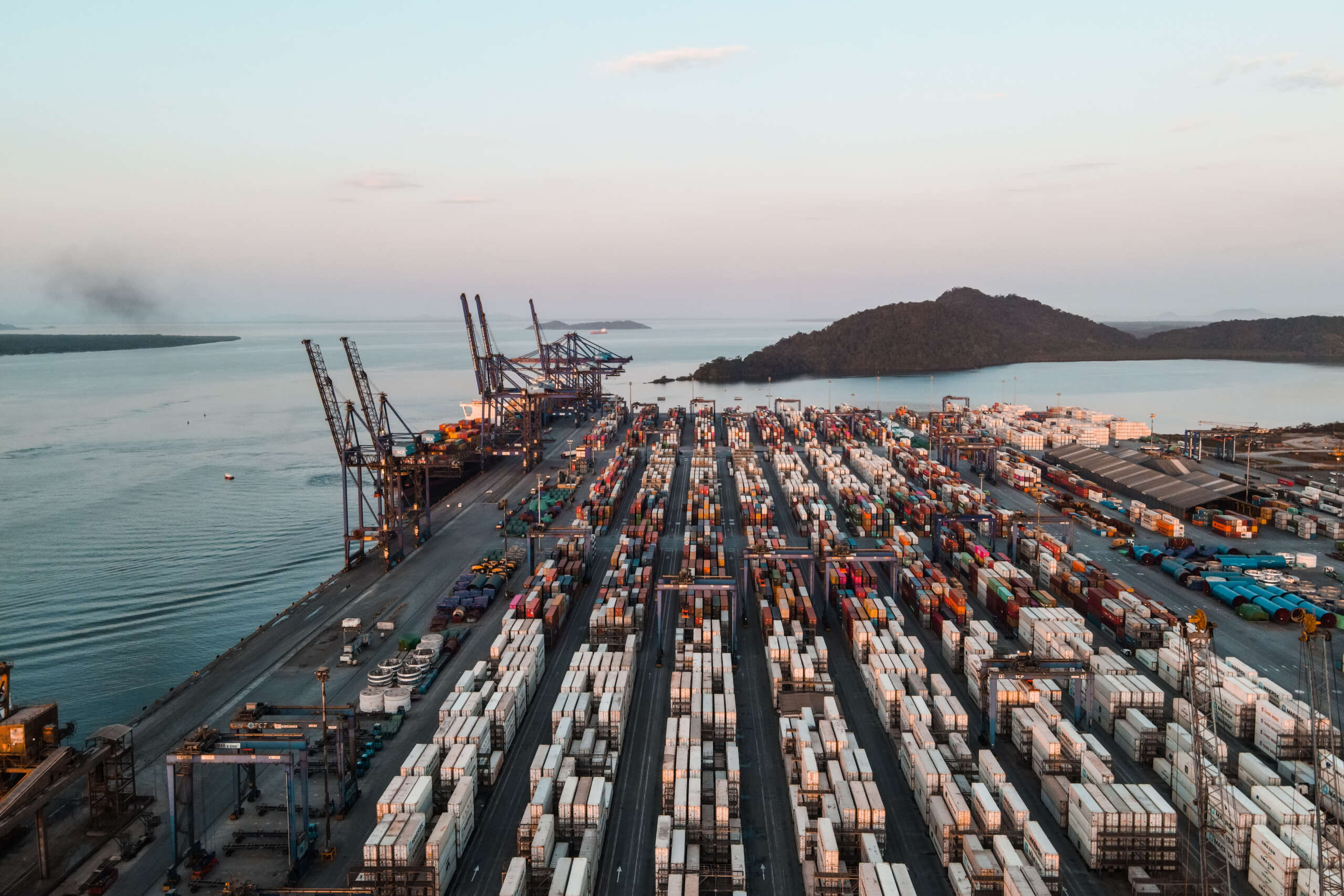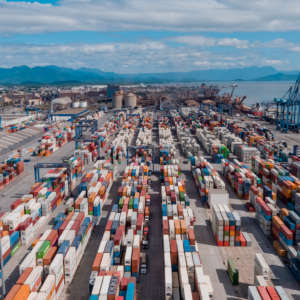Women represent almost 20% of the company’s staff in the most different functions
Once considered a hostile environment for women, the reality of the port sector has changed a lot in recent years. At TCP, the feminine presence among employees grew by 1,955% in recent years, from 11 women who predominantly occupied administrative functions, to 226 women today who also occupy operational, technical and specialist positions.
The Human Resources manager, Thais Marques, says that modern management models combined with technology favored the insertion of women in the segment where, for a long time, male labor prevailed. “Twenty years ago, the female presence was shy. Today, opportunities are widely offered and fully occupied with professionalism and competence, proving that there are no gender limitations for those who seek development with seriousness and commitment, whatever their career path may be” she says. Currently, approximately 20% of the company’s staff is occupied by women.
Witnessing the transformation that the sector has undergone in the last two decades, Lusinete Smek, Maintenance coordinator, started working at TCP at the age of 25. Born in Medianeira, in the interior of the Paraná State, and at the time newly arrived in Paranaguá, she saw the company as an opportunity for growth.
As a bachelor in business administration, married and mother of two, Lusinete believes that women are advancing and conquering their space. “Here at TCP we are moving fast, our CFO is a woman, we have women in the operations, logistics, management, coordination and as operators of large equipment. When I joined the company, I was the only woman in the industry. The rest were in the administrative and financial areas” she recalls.
BREAKING PARADIGMS
During the period, several barriers were surpassed. For the HR manager at TCP, Thais Marques, this happened due to the simple fact that functions are and always will be for those who want to occupy them and do a good job. “Paradigms like the weaker sex have certainly been more than broken. We have real examples of extremely courageous and highly committed women, demonstrating professionalism above gender stereotypes and proving the value of complimentary profiles that generate synergy during routine activities”, she says.
Lusinete says that, in the beginning, she encountered difficulties and that it took persistence. One of the main obstacles was cultural discrimination and fear. “But it was love at first sight, I fell in love with the terminal. Everything here is giant, ships, equipment, stacks of containers. The satisfaction of working here is much greater than the barriers”, she evaluates.
For her, the insertion of the female force in the port environment is necessary and fair, since women are capable, competent and contribute a lot to the job market. Comparing the reality of the sector today and when it started, she says that there is much less prejudice and that the differences are visibly narrowing.
In her opinion, currently, opportunities are offered in a natural way, regardless of gender. “We owe it to the strong women who fought to change that, encouraging others and proving they are capable and prepared, and also to the strong, enlightened men who supported us.”
In the assessment of Thais Marques there is still room for change and, for this, it is necessary to reinforce that desired values lie in competence, and that male and female profiles complement each other, there is no room for stigmas that one gender is better than another. “To encourage respect for diversity in our relationships, especially by valuing people’s technical competence, regardless of whether they are men or women. We can promote collaborative relationships, not only in professional relationships, but especially in personal relationships, as some of the main challenges for the rise of women in the job market are still issues of a personal nature, such as domestic responsibilities inherited as being the role of women” she says.
At TCP, 100% of opportunities are offered without gender restrictions. “We encourage the entry of women in different processes and today we witness the meeting of different generations of women, which only increases the demand and engagement of this audience at the terminal”.
DAILY ROUTINE
In a sector with 114 people, where eight are women, Lusinete leads a team of 27 people. The work routine is intense: management of the electrical infrastructure team, reefer and support, different work fronts that demand a lot. Among the tasks, she is responsible for distributing activities, planning, ensuring execution, resources, and quality, in addition to monitoring projects and improvements.
Passionate about her work, the coordinator says that the Terminal “is part of my history, of my life record” and recognizes the commitment of the team formed by ‘great professionals’ and with whom she has built ‘a solid relationship of respect and trust.



